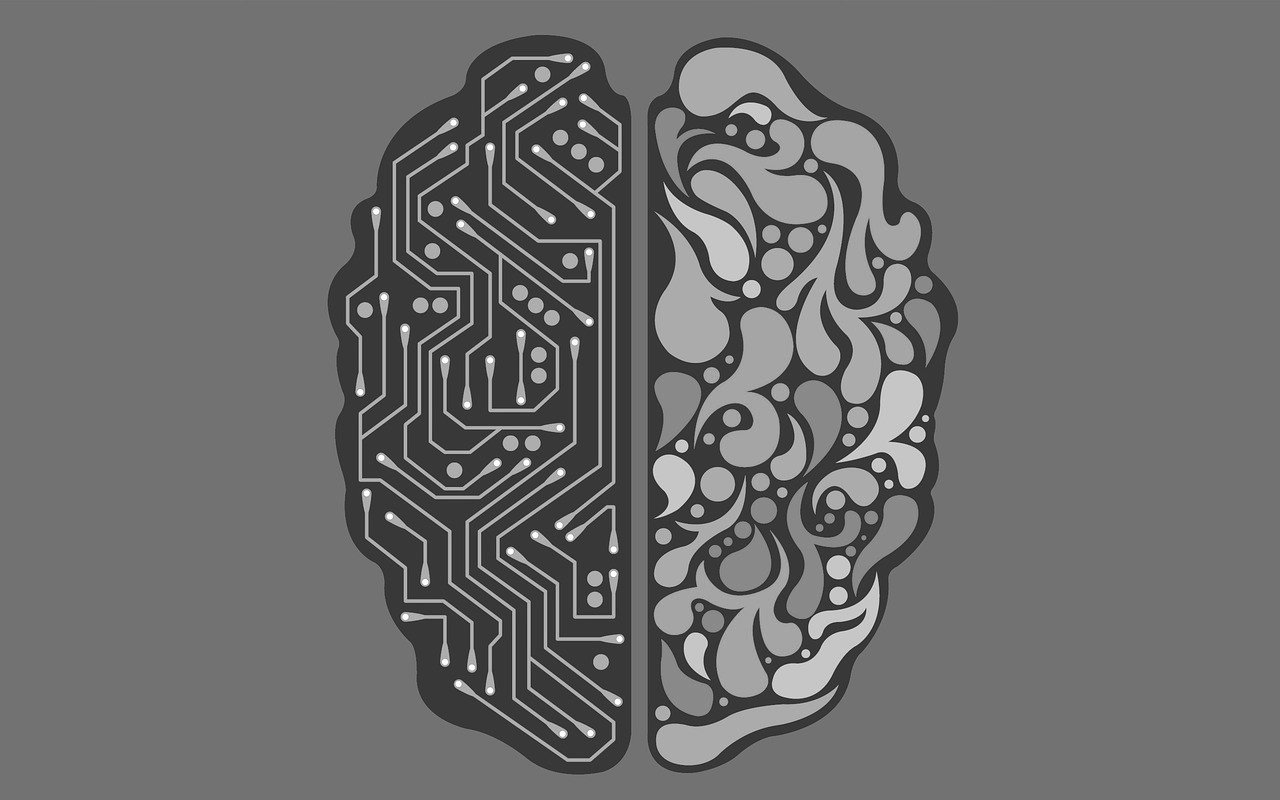
It wasn’t so long ago that self-driving cars, virtual assistants (like Amazon’s Alexa and Apple’s Siri), and chatbots were just concepts. Today, Artificial intelligence (AI) is a part of almost every industry—from astronomy to healthcare to agriculture—AI is all around us.
Artificial intelligence (AI) allows machines to learn from experience, solve problems, and perform human-like tasks. While AI has revolutionized our lives, it embodies many limitations that cannot be matched with human interactions.
The social interaction between humans and AI is very limited. Chatbots and AI can only respond to questions they have been programmed to respond to, which makes them nonreciprocal in a social sense. A fulfilling relationship requires an engaging two-way conversation, and AI does not possess the bandwidth to perform such interactions.
Unlike humans, algorithms and AI do not watch movies and then share their opinions, rather, they simply categorize content and display what they think we should watch based on an existing pattern. The recommendations you see on your social media feed are driven by AI, based on your viewing patterns, which is why your feed always shows similar kinds of content. So, if you watch a Trump rally video (even to just make fun of it)—you will start noticing similar (far-right propaganda) recommendations on your feed. Next thing you know, you’re stuck in a cycle of fake news—which isn’t good for anyone’s mental health.
Most companies use AI to maximize traffic on their sites with little or no regard for how that traffic is created—that’s because more traffic equals more money. Today, data is more valuable and profitable than oil. When an oil company doesn’t follow the right protocols and causes damage to the environment, they are going to be held accountable. Why should tech companies be any different when it comes to the harm their AI and algorithms cause to society?
Making Changes
Initially, Netflix built their business on AI-driven recommendations, however, as they face competition from similar companies like Hulu, Apple, HBO, Amazon, and Disney—they turned to human curation as a competitive advantage. To differentiate their service from their competitors, Netflix has been testing to provide tailor-made real search results based on real human opinions. In 2019, the company announced that it was introducing a new Collections section that will take over the existing “My Lists” section. They categorize content into themed lists like “Critics Love These Movies,” “Stream & Scream” and “Watch on the Weekend,” etc. Currently, Netflix’s algorithm uses your viewing history, the viewing history of other members with similar taste, and time of streaming to determine your viewing choices. Netflix’s experimentation with human curation has turned heads and competitors have begun following suit.
Recently, HBO Max joined the bandwagon with their “Human-first” approach for their streaming platform. Curators and editors at WarnerMedia put together a collection list of movies and TV shows titled “Recommended by Humans” to provide users with unique content that they will enjoy. HBO Max hasn’t completely moved to human curation, as their streaming platform suggestions are still heavily based on algorithms, and machine learning tools to help them sort through thousands of titles and recommendations.
Could there be a way for AI-driven recommendations and human curation to work more seamlessly together? It would be interesting to use human curation to provide the basis for AI-driven search results. Let humans form their opinions on content and let AI sift through the large datasets and provide recommendations based on human opinion.
As long as AI and algorithms determine what we see in our newsfeeds, algorithmic results will always be questioned. AI is first and foremost “Artificial” and we should all remember this. “Real” human intelligence and connections are things you can’t program with a computer—no matter how smart you are.


[…] A human can analyze content, find common themes and display only the relevant information. Even though AI is here to stay, as of now, it cannot replace human curation. Every curator is different as his/her skills and knowledge are different. So is the […]
[…] A human can analyze content, find common themes, and display only the relevant information. Even though AI is here to stay, as of now, it cannot replace human curation. Every curator is different as his/her skills and knowledge are different. So is the curator’s […]
[…] A human can analyze content, find common themes, and display only the relevant information. Even though AI is here to stay, as of now, it cannot replace human curation. Every curator is different as his/her skills and knowledge are different. So is the curator’s […]
[…] A human can analyze content, find common themes, and display only the relevant information. Even though AI is here to stay, as of now, it cannot replace human curation. Every curator is different as his/her skills and knowledge are different. So is the curator’s […]